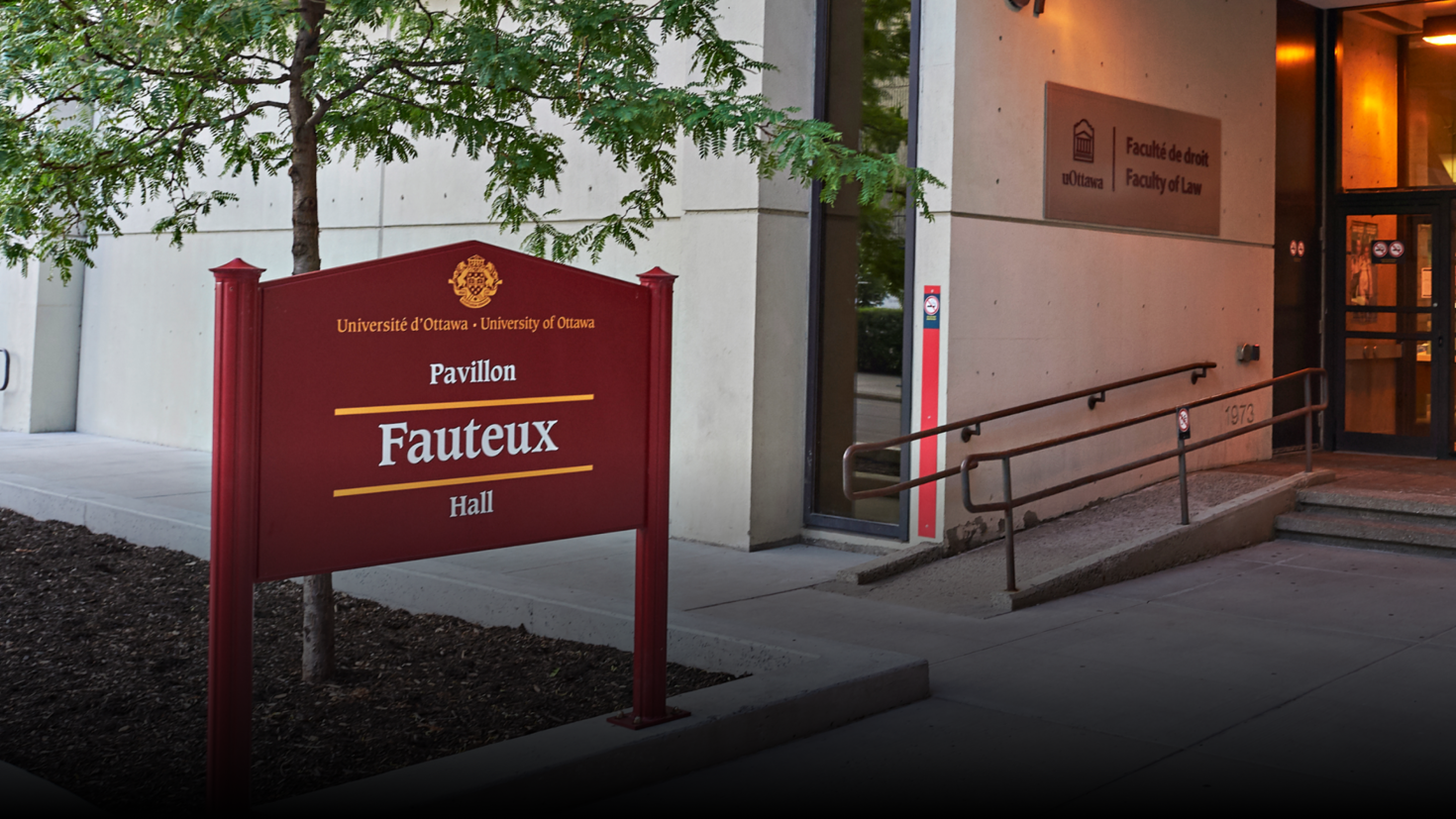9-12 November 2022 MacEachen, E. and (in alphabetical order); de Rijk, A., Dyreborg, J., Fassier, J.B., Fletcher, M., Hopwood, P., Koivusalo, M., Majowicz, S., Meyer, S., Ståhl, C., Welti, F. Insights during the COVID-19 pandemic about how laws, policies and collective agreements protect employment and occupational health of low-wage and digital platform workers. European Public Health Conference, Berlin.
April 29, 2022 MacEachen, E. Understanding mental health and opioids during return to work. Occupational Health Clinics for Ontario Workers Mayday, Mayday Workplace Mental Health Series 2022, Toronto.
May 20, 2022 MacEachen, E. Return-to-work coordinators: the promise and the challenges. Linkoping University Seminar, Linkoping, Sweden.
6-10 February, 2022 * Hudon, A., MacEachen, E., Lippel, K. A four-jurisdiction qualitative analysis of workers’ compensation healthcare policies. 33rd International Congress on Occupational Health, Melbourne, Australia.
6-10 February 2022. * Khan, T., MacEachen, E. A furnished house without walls: Examining the work and health support systems of self-employed workers in Ontario, Canada. 33rd International Congress on Occupational Health. Melbourne, Australia.
1-3 June 2021 * Hopwood, P., MacEachen, E., Neiterman, E., McKnight, E., Crouch, M., (June 1, 2021). Return to work for ill and injured workers: coordinator perspectives of union involvement. Canadian Association of Work and Labour Studies. Congress 2021 Conference, London, Ontario.
1-3 June 2021 * Varatharajan, S., MacEachen, E. Health privacy for injured workers: a critical realist grounded perspective of the experiences of return-to-work. Canadian Association for Work and Labour Studies, Congress 2021 Conference, London, Ontario.
May 27-June 4 2021 * Khan, T., MacEachen, E. Dunstan, D. Self-employment and social supports in Canada and Australia: A comparative policy analysis. Canadian Association for Work and Labour Studies Conference, University of Alberta, Alberta, Canada.
21-23 June 2021 * Varatharajan, S., MacEachen, E. Critical realist grounded theory: analysing health privacy during return-to-work management in Canada using the retroduction framework. 37th Annual Qualitative Analysis Conference, London, Ontario.
20-23 September, 2021 MacEachen, E. Return-to-work policy across social security systems: where have we arrived 30 years after the introduction of activation policies? XXII World Congress on Safety and Health at Work, Toronto, Canada.
20-23 September, 2021 MacEachen, E., Senthanar, S., Lippel, K. Developing workers’ compensation policy for all workers: gaps facing the precariously employed in Ontario. XXII World Congress on Safety and Health at Work, Toronto, Canada.
23 September, 2021 * Hudon, A., MacEachen, E., Lippel, K. Rehabilitation care for injured workers: highlighting how policies frame professional practices in four jurisdictions. European Forum on Rehabilitation Research, Ljubljana, Slovenia.
September 29, 2021 MacEachen, E., Neiterman, E., McKnight, E., Malachowski, C., Crouch, M. RTW Coordination: Insights for mental health and challenges for RTW process and injured workers. Ontario Network of Injured Workers Groups Webinar. Thunder Bay, Ontario.
MacEachen, E., RTW and mental health: Canadian RTW Coordinator’s accounts of challenges and practical strategies, Webinar presented as part of a Webinar Series organized by the RTWPP project team, August 27 2020.
Ellen MacEachen, « "Je pourrais facilement être remplacée" : Comment la précarité d’emploi façonne les conditions de retour au travail en Ontario », XXième Journée en droit social et du travail, UQAM, Montréal, le 15 mars 2019.
Ellen MacEachen, “Precarious employment and return to work after work injury: An Ontario Portrait” at the Symposium on Return to Work in a Changing World of Work, University of Ottawa, May 16 2019.
Sonja Senthanar, “Family impacts relating to injured workers who attempt to return to work after a work injury” at the Symposium on Return to Work in a Changing World of Work, University of Ottawa, May 16 2019.
Maryth Yachnin, IAVGO community legal clinic, Toronto, Margaret Keys, Office of the Worker Advisor of Ontario – OWA, Michael Zacks, Office of the Employer Advisor of Ontario – OEA, “Feedback from the partners on the Ontario and Quebec research” at the Symposium on Return to Work in a Changing World of Work, University of Ottawa, May 16 2019.
